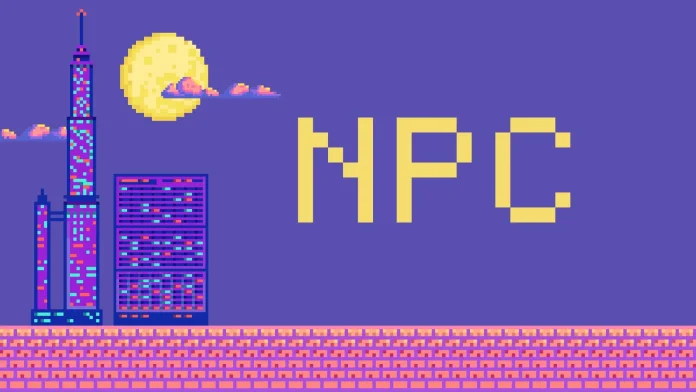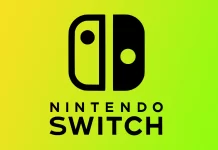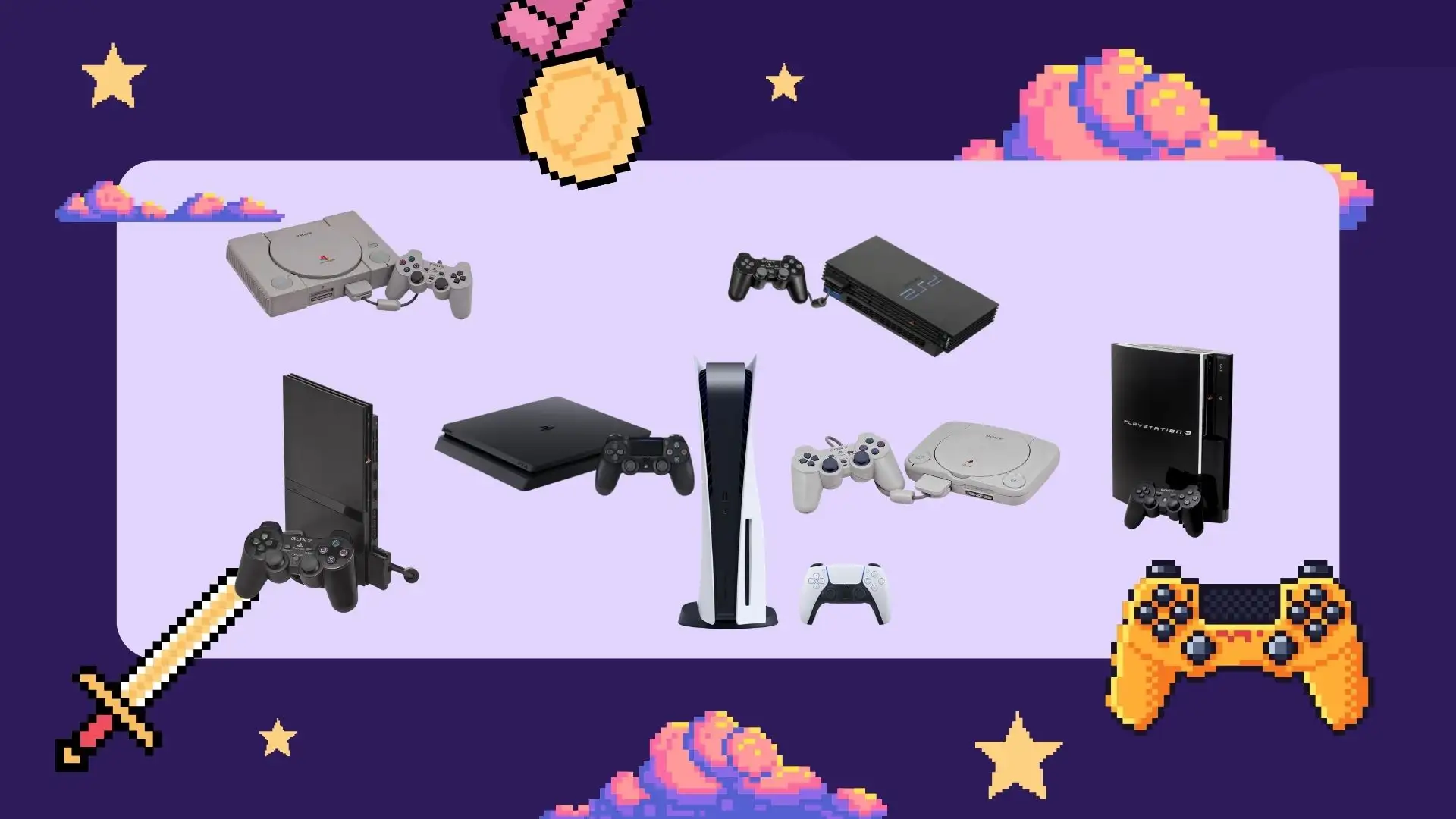You’ve probably come across the term NPC quite a bit. It’s not just something you find in games; it’s become a part of everyday talk, social media, and even movies. Let’s chat about that.
In video games, an NPC is a character you can’t play – they’re part of the game’s world, like the shopkeeper in “Skyrim” or a quest-giver in “World of Warcraft.”
But here’s where it gets interesting: NPC is also slang now. Have you ever heard of the NPC Wojak meme? It’s a big thing on the internet, symbolizing someone not thinking for themselves.
Then there’s TikTok, where creators like Pinkydoll have taken this idea and run with it. They do live streams acting like NPCs, repeating phrases and actions based on viewer interactions.
And movies? “Free Guy” is a perfect example. It’s all about an NPC who becomes self-aware. This film shows how the concept of NPCs has moved beyond gaming into pop culture.
So let’s look into it.
What does NPC mean?
In a nutshell, NPCs are “non-playable characters” in games. These guys are like the actual residents of the game world, except you can’t control them. Think of them as neighbors in the area, each with their own story and personality.
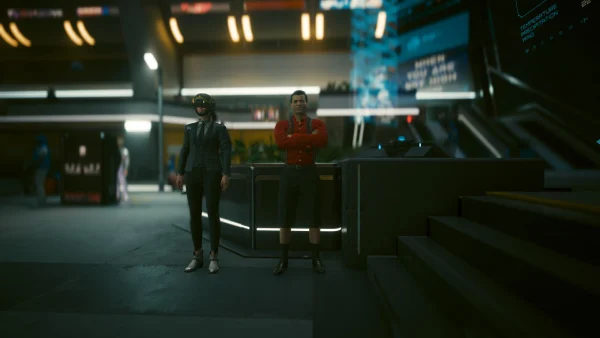
They can be anyone, from a wise old man giving you quests to a shopkeeper where you buy gear.
Remember the merchant in “Skyrim”? Or how about the mysterious stranger in “Red Dead Redemption 2”? They’re all NPCs. But they’re not just standing still with blank expressions. They might offer you a quest, tell a story, or even provide crucial information.
The most exciting thing about NPCs is how they’ve evolved. In old games, they were often simple and predictable. But today, thanks to advanced AI and complex scripting, NPCs can be incredibly complex and profound. They can remember your actions, change their attitude towards you, and even help you solve puzzles.
Think about talking to a game character who remembers what you said last time. It’s pretty much like talking to a natural person, right? NPCs in games are getting good at changing how they act based on what you did before, making the game feel more natural.
What is an NPC in slang?
When people use “NPC” outside of gaming, they often joke about someone who doesn’t think independently. It’s their way of saying, “You’re just repeating what everyone else is saying.”
There’s also this meme called NPC Wojak. It’s a grey-faced cartoon character used to represent someone who seems to lack original ideas. You’ll find this meme all over social media.

But using “NPC” in this way isn’t always kind. Sometimes, it’s used to dismiss someone’s thoughts, suggesting they’re not thinking for themselves. It’s a quick way to invalidate someone’s opinion because they’re just going along with the crowd.
It’s interesting how a term from gaming can become a way to talk about people and how they think (or don’t think!) in real life. But just like anything else online, we must consider how we use these words, right?
What does NPC mean on TikTok?
Okay, let’s discuss a wild trend in NPC acting on TikTok. Some creators have started doing live streams where they act like NPCs. It’s like they’re repeating the same lines and actions repeatedly, but here’s the twist: they change what they do based on donations from viewers.
There’s this Canadian TikToker named Pinkydoll. She’s super popular in this NPC streaming world, with over 1.7 million followers on TikTok. According to an interview she did with Vice, she spends around six hours a day, seven days a week, on TikTok doing these NPC streams. And guess what? She’s making thousands of dollars a day from it!
When viewers send her gifts, she reacts to them in her NPC character. She repeats the same actions and phrases repeatedly, just like characters in games who follow a script.
@pinkydollreal NPC LESSONS with JIM JONES CAPO 🥊 #pinkydoll #foryoupage #fyp #pourtoipage #ptp #viral #jimjonescapo #NPC #npcqueen ♬ original sound – Pinkydoll
NPCs in pop culture
So, let’s talk about NPCs in pop culture, like movies and TV shows. It’s pretty cool how these video game characters have jumped out of the screen and into other media.
Take the movie Free Guy, for example. It’s about a guy named Guy, who’s a character in a video game. He’s played by Ryan Reynolds, who’s pretty funny in this role. Guy’s just an ordinary guy, living his life, doing the same things every day. But then, one day, he discovers he’s actually in a video game. He’s not a player but an NPC.
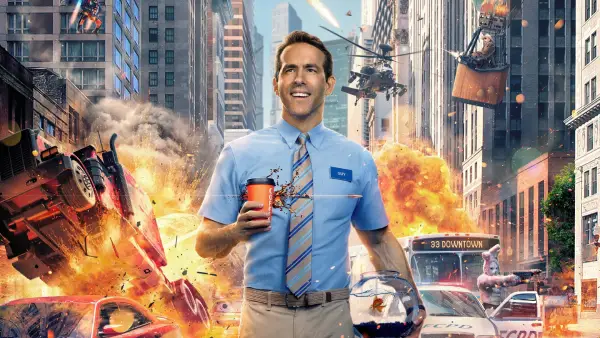
Once Guy realizes this, things get interesting. He starts making his own choices and doing things that aren’t in his programming. It’s like he’s becoming more than a background character in the game- he’s becoming a hero of his own story.
What’s cool about “Free Guy” is how it takes this idea of a non-playable character, an NPC, and turns it upside down. Instead of just being part of the game’s background, Guy becomes the main character.
And it’s not just “Free Guy.” Other shows and movies also feature background characters, like NPCs, starting to play more prominent roles.
Future of NPC
NPCs’ve changed a lot over time, right? Take the NPCs in “GTA San Andreas,” for example. Back then, it was super cool how these characters had their daily routines and reacted to what the players did. It made the game world feel alive.
Now, let’s fast forward to modern games like “Baldur’s Gate 3.” NPCs have evolved a lot in these games. They’re not just background characters anymore. In “Baldur’s Gate 3,” NPCs can build relationships with you, the player. What you do and how you interact with them can change the story’s direction. This kind of complexity and interaction was just a dream in the early days of gaming.
And guess what? At the CES 2024, NVIDIA blew everyone’s mind with what might be coming soon. They’ve expanded their Ace microservice, a powerful toolkit for creating NPCs. This development is a huge step towards more exciting and interactive gaming worlds.
Picture this: You’re playing a game and entering a virtual bar. You meet an NPC bartender entirely created by computer algorithms. This character is far more advanced than any NPC you’ve encountered before. Instead of just giving pre-recorded responses, the bartender listens to what you say and responds organically.
If you ask the bartender about the special drink, they don’t just tell you what it is – they might share a fantastic little story about it. And if you talk about the bar’s vibe, they might chat about the music or the look of the place as they know it.
The coolest part? The bartender can give you a virtual drink. They move and talk like real people, responding to what you do and say right away. The game’s AI understands how people talk and act, making it realistic.
NVIDIA’s demo at CES 2024 illustrates the potential of AI-driven NPCs to revolutionize gaming, creating characters that can interact with players in a natural, human-like manner.

